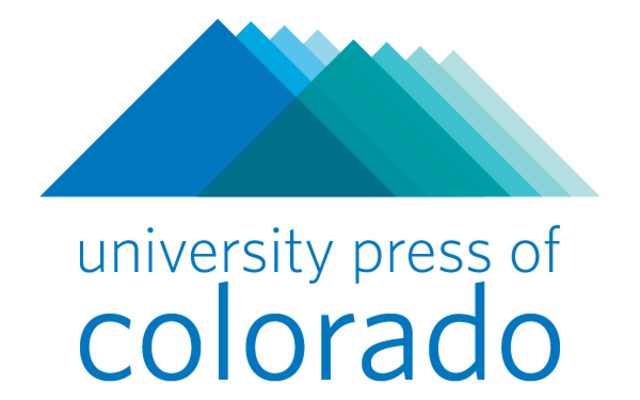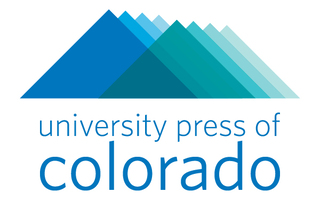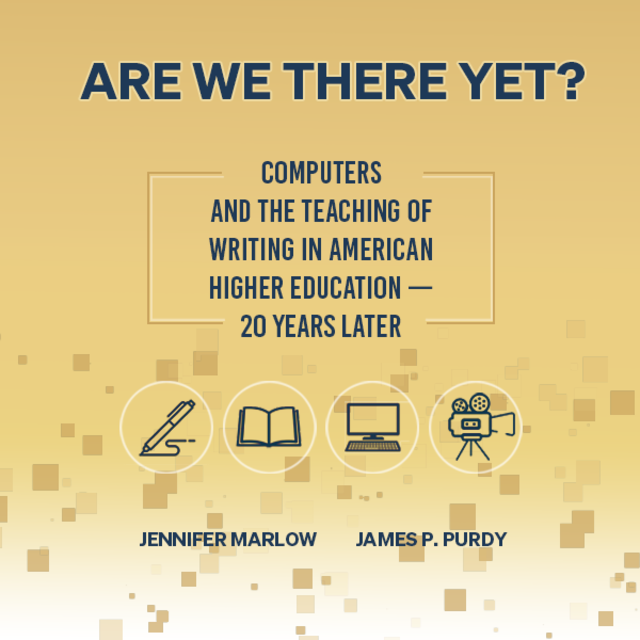Are We There Yet?
Computers and the Teaching of Writing in American Higher Education—Twenty Years Later
Are We There Yet? Computers and the Teaching of Writing in American Higher Education—Twenty Years Later celebrates the landmark text Computers and the Teaching of Writing in American Higher Education, 1979–1994: A History (hereafter The History Book) by Gail E. Hawisher, Cynthia L. Selfe, Paul LeBlanc, and Charles Moran. Published in 1996, the book provided a history of how computers “entered and changed” writing studies while also documenting “how people in the field used computers” (p. 2). Our eBook continues this history of computers and writing from 1995 to 2015. Just as Hawisher et al. (1996) recognized that there are many separate histories within the story they seek to tell, so do we. There is no one “correct” history, and we do not endeavor to provide that here. Rather, we follow in the footsteps of Hawisher et al. in describing how scholars, teachers, graduate students, and administrators have continued to define (as well as debate) the (sub)field of computers and writing as an important site of research, technology, and pedagogy.
This eBook, then, serves as both a celebration of The History Book and a continuation story by providing follow-up analysis of how the (sub)field of computers and writing has witnessed, discussed, and grappled with rapid developments in computing technologies and its position in relation to the larger field of writing studies. To document the development of the (sub)field from 1995–2015, we interviewed established and new computers and writing teacher-scholars; read frequently cited scholarship, particularly in Computers and Composition, Computers and Composition Online, and Kairos; analyzed a corpus of programs from the Computers and Writing conference; and organized a “twittersation” with the same group of teacher-scholars whose MOO conversation ended Hawisher et al’s book.
This born digital text imagines what The History Book might have been like as a multimedia experience. In addition to chronicling the impacts of post-1994 technological change, this eBook codifies the history of the people working in computers and writing. Through including segments of audio (phone), video, and print (email correspondence) interviews, this eBook includes the stories of people who have defined, continue to define, and will define this discipline. A searchable corpus of Computers and Writing conference programs allows readers to conduct their own research with records from one of the main artifacts of its (sub)field’s history. And an invitation for readers to contribute their own stories allows the project of capturing computers and writing’s history to be ongoing and multivocal.
Metadata
- isbn9781646422401
- publisherComputers and Composition Digital Press
- rightsThis work is licensed under a Creative Commons Attribution-NonCommercial-ShareAlike 4.0 International License.


